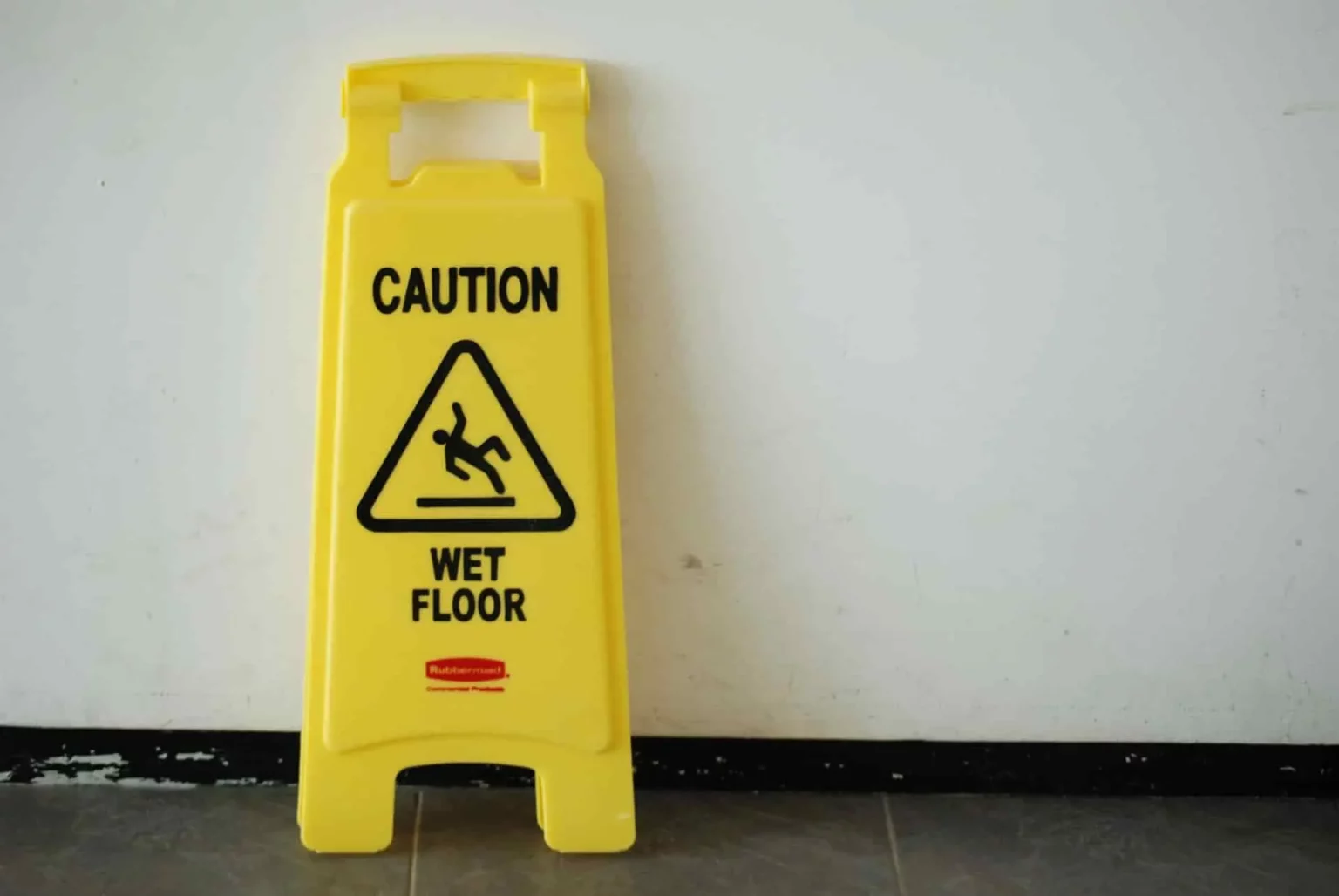Comparative Negligence in Slip and Fall Claims: How It Impacts Your Case in West Palm Beach

Slip and fall accidents are not only painful but can also lead to complex legal battles, especially when it comes to determining fault. In West Palm Beach, like in many other areas, the concept of comparative fault plays a significant role in slip and fall claims. Understanding how comparative fault impacts your case is essential for anyone pursuing compensation for injuries sustained in a slip and fall incident.
What is Comparative Fault?
Comparative fault, also known as comparative negligence, is a legal principle used to assign responsibility for an accident when multiple parties share some degree of fault. In slip and fall cases, this means that both the injured party (plaintiff) and the property owner or occupier (defendant) may be found partially responsible for the accident.
How Does Comparative Fault Work?
In West Palm Beach, comparative fault follows the pure comparative negligence rule. This means that even if the plaintiff is partially at fault for the slip and fall accident, they may still be entitled to recover damages. However, the amount of compensation awarded is reduced in proportion to the plaintiff’s degree of fault.
For example, suppose a court determines that the plaintiff is 20% at fault for the slip and fall accident, while the property owner is 80% at fault. In that case, the plaintiff’s total compensation would be reduced by 20%.
Implications for Slip and Fall Claims
Comparative fault can have significant implications for slip and fall claims in West Palm Beach:
- Evidence Gathering: Both parties must gather evidence to support their claims regarding fault. This may include witness statements, surveillance footage, maintenance records, and expert testimony to establish the circumstances surrounding the accident and each party’s degree of fault.
- Negotiations: During settlement negotiations or court proceedings, the comparative fault rule may influence the outcome. The parties may argue over the percentage of fault assigned to each party and how it impacts the amount of compensation owed.
- Potential Reduction in Compensation: Plaintiffs should be aware that their compensation may be reduced if they are found to have contributed to the accident. However, even if the plaintiff is partially at fault, they may still be entitled to receive some level of compensation for their injuries.
- Legal Strategy: Understanding the nuances of comparative fault is essential for developing a strong legal strategy. Experienced personal injury attorneys can help plaintiffs navigate these complexities and advocate for their rights effectively.
Seeking Legal Guidance
If you’ve been injured in a slip and fall accident in West Palm Beach, it’s crucial to seek legal guidance from an experienced personal injury attorney. An attorney can assess the circumstances of your case, gather evidence, and navigate the complexities of comparative fault to help you pursue fair compensation for your injuries.
Conclusion
By understanding how comparative fault impacts slip and fall claims in West Palm Beach, you can make informed decisions about your legal options and work towards obtaining the compensation you deserve.

 Call Us Today - It's Free
Call Us Today - It's Free